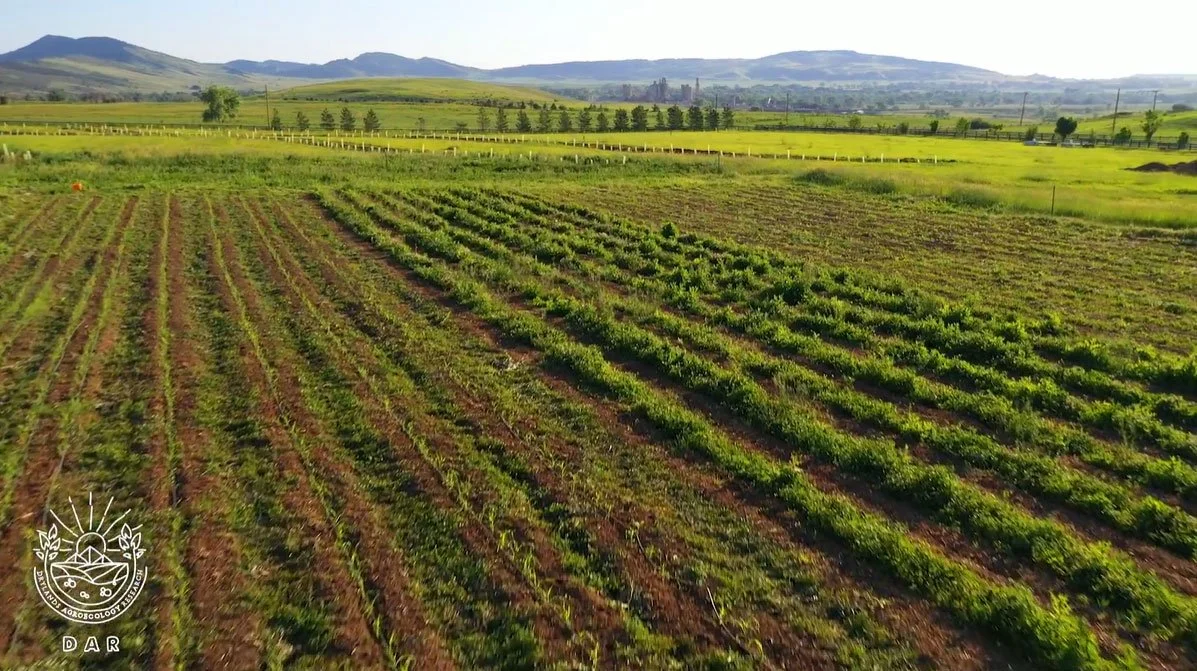
2022 Impact Grant
Drylands Agroecology Research
Longmont, CO
1-year $100,000 Impact Grant (2022)
drylands agroecology research
longmont, colorado
Scaled Agroecology at Yellow Barn Farm – A Model for Rehydrating the Arid West
Drylands Agroecology Research is a 501(c)(3) in Longmont, CO. DAR recognizes that in arid and semi-arid climates, water limits the ability of the landscape to sequester carbon, support biodiversity, and produce food. Desertification, the process by which fertile land becomes desert, as a result of drought, deforestation, or inappropriate agriculture, threatens nearly one-fifth of the globe and contributes to climate change. DAR’s vision is to reclaim and transform dry, abandoned, and marginalized landscapes into productive agricultural ecosystems where humans, animals, nature, and spirit can thrive through regenerative design.
DAR uses the principles of ecology to design resilient farm systems that rehydrate landscapes, sequester carbon, support biodiversity, and produce nutritious food for humans.
In 2015, despite NRCS declaring the parcel not farmable, and inspired by indigenous land practice and permaculture methods, Nick DiDomenico, Executive Director of DAR, began farming a barren, desertified 14-acre parcel now known as Elk Run Farm, the pilot project for Drylands Agroecology Research. Today, through land partnerships, the organization is working to scale the success of Elk Run to 1000 acres throughout Boulder County to create a model for transforming degraded lands into economically, agriculturally, and ecologically abundant micro ecosystems. Central to their model are three practices: (1) Agroforestry and Water Management through Terraforming Contour Swales to rehydrate the land, (2) Intensive Livestock Management and Holistic Grazing, and (3) Perennial and Bioregional Crop Breeding and Development.
Successes at Elk Run have included transforming a compact gravel parking lot into 6 inches of rich topsoil, increasing organic matter in pastures by 200% over adjacent properties (960% in grain fields), and increasing soil nitrogen in pastures by more than 1400% (7400% in grain fields). Over 1200 fruiting trees and shrubs have been planted along terraforming contour swales (an 85% survival rate) with no irrigation. DAR is now looking to upscale the Elk Farm model to a highly visible demonstration project at a larger site with similar challenges.
Scaled Agroecology at Yellow Barn Farm – A Model for Rehydrating the Arid West
Swales at Yellow Barn Farm
DAR has begun to translate the success of the Elk Run Farm pilot project to a 100-acre partner property, Yellow Barn Farm. At 7 times the size of Elk Run Farm, Yellow Barn is an opportunity to develop a scaled, highly visible demonstration of the regenerative farming success at Elk Run. Windy and exposed and variously degraded, YBF mirrors the landscape challenges throughout much of the arid West. The purpose of the project is to create abundant and diverse economic opportunities within the context of a working regenerative farm that is self-sustaining and can incubate future projects. Yellow Barn already supports 10 people engaged in farm-related businesses and engages 150 regular visitors and customers. Critically, Yellow Barn Farm has facilities and space to host hundreds of people for events, workshops, and trainings, an important component of DAR’s mission.
more about drylands agroecology research
Watch this documentary short on DAR
DAR's vision is to transform dry, abandoned, and marginalized landscapes into lush ecosystems where humans, animals and spirit can thrive.
Drylands Agroecology Research was created in order to assist other land stewards in building regenerative systems, while bolstering their own research and demonstration of these systems in multiple locations. From clarifying goals to site assessment and implementation, DAR supports the regenerative process taking shape.
DAR advocates goals that align with ecological resilience, and design systems that meet the inherent goals of their steward partners. Throughout this process, they document progress, collect data, and share their findings.
More information: https://dar.eco
““These young Colorado farmers are changing the future of agriculture.””



